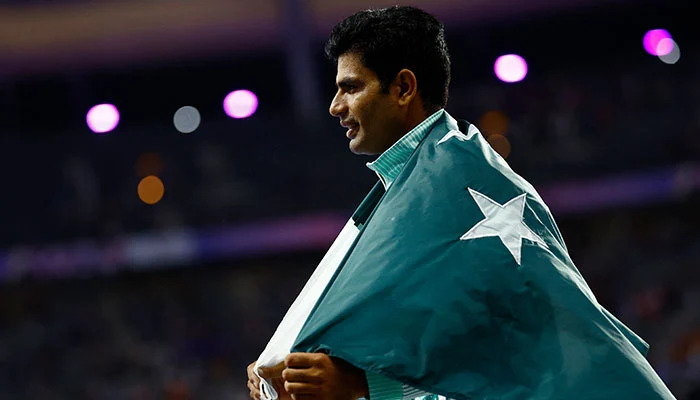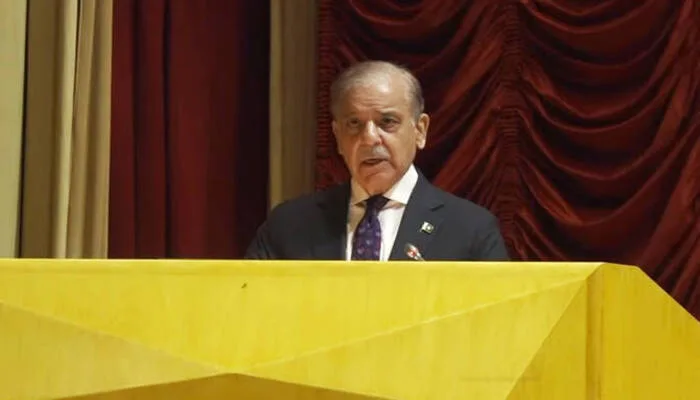
In a landmark move, President Asif Ali Zardari has signed into law a bill that bans underage unions, marking a historic victory for Pakistan’s efforts to protect children. The new child marriage law sets the legal marriage age at 18 and imposes criminal penalties on violators. Despite widespread praise, the law has ignited a fierce debate over religion, tradition, and human rights.
HRCP Supports Law, Condemns Religious Pushback
The Human Rights Commission of Pakistan (HRCP) strongly backed the law while criticizing the Council of Islamic Ideology (CII) for opposing it. In a statement, HRCP said, “Framing child protection as incompatible with religion undermines the rights of every child.” The commission urged the state to uphold its constitutional and international commitments without caving to religious objections.
Read: India-Pakistan Border Troop Reduction Nears Completion Amid Tensions
Legislative Journey
The bill was introduced in the National Assembly by PPP MNA Sharmila Faruqui and later presented in the Senate by Senator Sherry Rehman. It aims to end child marriage by making it a criminal offense to marry anyone under 18. Those found guilty will face legal consequences.
CII Declares Bill ‘Un-Islamic’
The CII, chaired by Dr. Raghib Hussain Naeemi, rejected the bill outright, calling it inconsistent with Islamic teachings. The council argued that defining a marriage age and labeling underage unions as abuse conflicts with religious doctrine. It also criticized the government for bypassing its input during the bill’s formation.
Political Opposition and Social Realities
The bill also faced resistance from politicians like ANP’s Aimal Wali Khan and JUI-F members during Senate proceedings. However, advocates point to alarming statistics: Pakistan ranks sixth globally in child marriages, with 19 million girls married before 18. Nearly half of these girls become mothers in adolescence, and only 13% complete secondary education — a sharp contrast to the 44% of unmarried peers.
Urgency for Implementation
With this law now in place, rights groups call for swift implementation to prevent further exploitation. As the nation debates its future, the law stands as a defining test of whether child protection can triumph over outdated customs and conflicting interpretations
Follow us on Google News, Instagram, YouTube, Facebook,Whats App, and TikTok for latest updates












